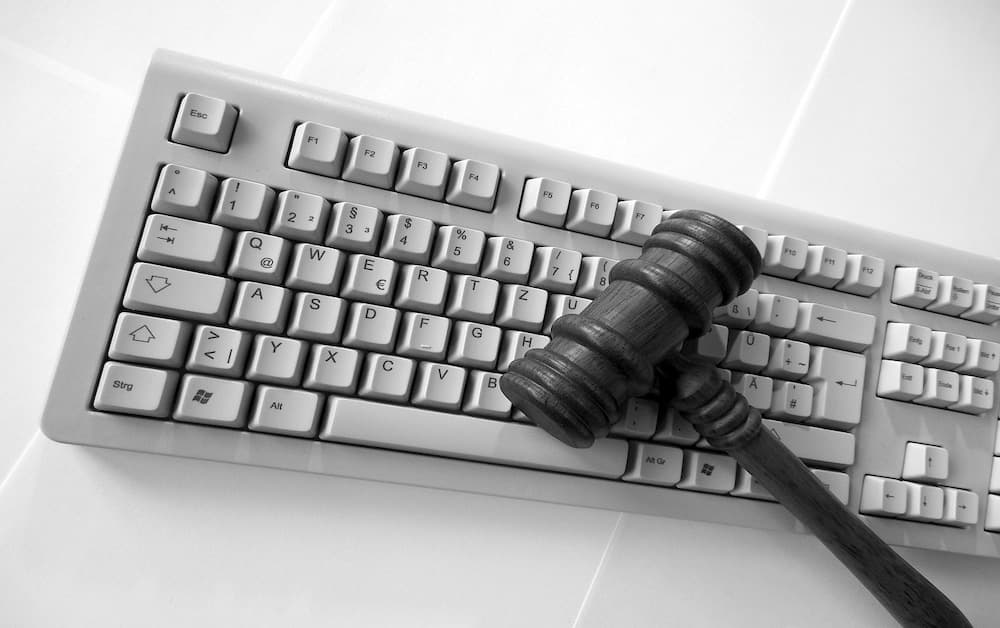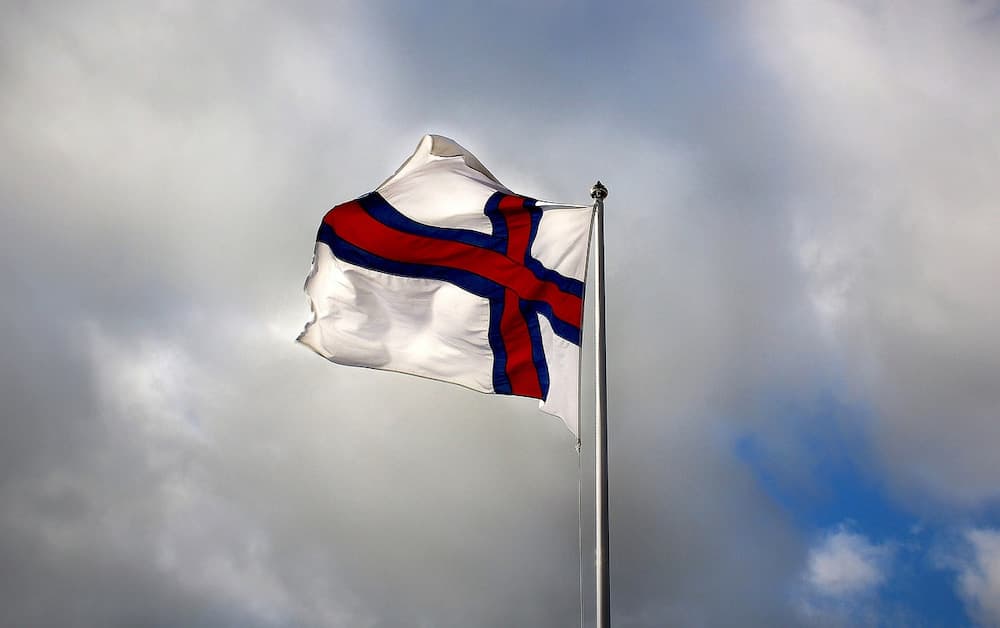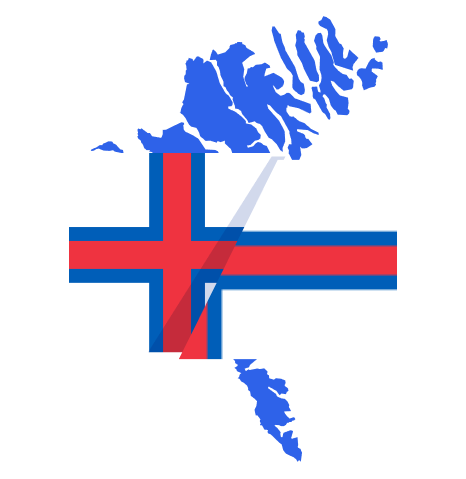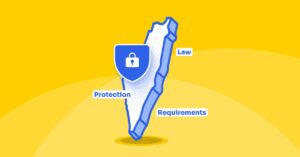Introduction
The Faroe Islands Data Protection Act is a robust legal framework that aims to protect the handling of personal data within the Faroe Islands. This legislation was enacted in compliance with the European Union’s General Data Protection Regulation (GDPR), which mandates protecting individuals’ fundamental right to privacy while promoting the free flow of data.
The Faroe Islands Data Protection Act comprises a set of comprehensive provisions and principles that dictate how personal data should be processed, stored, and used. These provisions and principles apply to all organizations that collect, handle, or store personal data within the Faroe Islands, regardless of whether they are based within or outside the country.
Establishment of data privacy framework in the Faroe Islands
In January 2001, the Faroe Islands introduced a comprehensive data protection legislation known as the Faroe Islands Data Protection Act. This act serves as the primary legal framework governing the processing of personal data within the Faroese jurisdiction. The act is designed to establish clear guidelines and regulations for data controllers and processors to follow, with a particular emphasis on promoting transparency, fairness, and accountability in the handling of personal data.
The Faroe Islands Data Protection Act applies to a wide range of organizations, including public authorities and private entities, that engage in the processing of personal data within the Faroe Islands. The act sets out specific requirements for these organizations, such as obtaining explicit consent from individuals before collecting and processing their personal data, ensuring that personal data is kept secure and confidential, and providing individuals with the right to access, rectify, and erase their personal data.
The act also establishes the role of the Faroe Islands Data Protection Authority, which is responsible for overseeing and enforcing compliance with the legislation. The authority has the power to investigate complaints and breaches of the act, issue fines and penalties for non-compliance, and provide guidance and support to organizations seeking to comply with the legislation.
Scope and definitions
The Faroe Islands Data Protection Act is a crucial piece of legislation that aims to safeguard the privacy rights of individuals by regulating the processing of personal data. To effectively achieve this goal, the act defines several key terms such as ‘personal data,’ ‘data subject,’ ‘data controller,’ and ‘data processor.‘ This ensures that all parties involved have a clear understanding of their roles and responsibilities under the act.
Moreover, the act specifies the scope of its provisions, covering a wide range of data types and entities that process personal data. It applies to all means and purposes of processing, whether automated or manual, systematic or ad hoc, and regardless of whether the processing occurs in the Faroe Islands or not. This comprehensive approach ensures that individuals’ privacy rights are protected in all circumstances.

Principles of data protection
The Faroe Islands Data Protection Act is built on a set of fundamental principles to ensure the lawful, fair, and transparent processing of personal data. The Act requires that personal data is processed only for specified, explicit, and legitimate purposes, with appropriate measures in place to ensure the accuracy and integrity of the data throughout its processing lifecycle. The principle of accountability is also an integral part of the legislation, which mandates that data controllers must be able to demonstrate compliance with the Act’s requirements.
This includes maintaining proper documentation, implementing appropriate technical and organizational measures, and conducting regular assessments and audits to ensure ongoing compliance with the Act. Ultimately, the Faroe Islands Data Protection Act seeks to give individuals greater control over their personal data while also promoting the responsible use of such data by organizations.
Rights of data subjects
The Faroe Islands Data Protection Act prioritizes the safeguarding of individuals’ rights in relation to their personal data. The act lays out several measures to ensure that data subjects retain full control over their data. These measures include granting data subjects the right to access their data. They can view their personal data and obtain information about how their data is being processed. The act also allows individuals to request rectification of inaccuracies in their personal data. This ensures that their data is accurate and up-to-date.
Further, the act allows individuals to request the erasure of their data under certain circumstances. This means that they can have their data deleted if it is no longer necessary for the purpose for which it was collected or if the processing of their data is unlawful. Data subjects have the right to object to processing activities. They can object to their data being processed if there is no legitimate reason for it or if it is being processed for purposes that are unrelated to the original purpose for which the data was collected.
The Faroe Islands Data Protection Act also provides data subjects with the right to data portability. This means that individuals can obtain and reuse their personal data for their own purposes across different services. This empowers individuals to exercise greater control over their personal information and ensures that they can easily switch service providers without losing their personal data.

Obligations of data controllers and processors
Under this act, data controllers are responsible for determining the purposes and means of processing personal data. They are required to define the specific reasons why they are processing personal data and the methods they are using to do so.
Processors, on the other hand, act on behalf of the controllers and are required to adhere to strict contractual obligations. They are responsible for processing personal data in accordance with the instructions provided by the data controllers. They must implement appropriate technical and organizational measures to ensure the security and confidentiality of personal data. This includes measures such as encryption, access controls, monitoring systems, and training programs for employees.
Moreover, data controllers and processors are required to conduct regular assessments of the risks associated with the processing of personal data and take appropriate measures to mitigate those risks. They must also ensure that personal data is accurate, up-to-date, and relevant for the purposes for which it is being processed. In case of any data breaches or incidents, they must notify the relevant authorities and affected individuals without undue delay.
Data Protection Authority
The Faroe Islands Data Protection Authority (DPA) is a regulatory body that operates under the jurisdiction of the Faroese government. Its primary function is to supervise and enforce compliance with data protection legislation, which is designed to safeguard the personal information of individuals residing in the Faroe Islands.
The DPA has been entrusted with significant supervisory and enforcement powers to ensure that organizations comply with the applicable data protection regulations. It is responsible for providing guidance to organizations that handle personal data, and it regularly issues guidelines and recommendations on best practices. Additionally, the DPA handles complaints from individuals who feel that their personal data has not been handled in accordance with the law.
One of the DPA’s most important functions is to impose penalties for violations of data protection rules. The penalties can be severe, ranging from administrative fines to criminal sanctions. The DPA has the authority to launch investigations into organizations suspected of violating data protection regulations and take legal action against those found to be in breach of the law.
Transfer of data to third countries
The Faroe Islands Data Protection Act is a legal framework that governs the transfer of personal data to third countries or international organizations outside the European Union. The act lays down specific guidelines and conditions that must be met to ensure the adequate protection of the data subjects’ rights.
To transfer personal data outside the European Union, data controllers must demonstrate that they have implemented appropriate measures to safeguard the data subjects’ privacy and security. These measures may include the adoption of binding corporate rules, which are internal policies that regulate the transfer of personal data within a multinational organization.
Alternatively, data controllers may use standard contractual clauses, which are pre-approved contractual agreements that set out the terms and conditions of the data transfer. These clauses ensure that the data is adequately protected, even when it is transferred to countries that do not have an adequate level of data protection.
Finally, data controllers may rely on the existence of an adequacy decision by the European Commission. This decision confirms that a third country or international organization provides an adequate level of data protection that is equivalent to the standards set out in the European Union’s data protection laws.

Complaints and enforcement
Residents of the Faroe Islands, have the right to lodge a complaint with the data protection authority if they believe that their rights under the Faroe Islands Data Protection Act have been violated. The DPA investigates complaints and mediates disputes to ensure that organizations comply with the law.
In cases where non-compliance is found, the DPA can impose sanctions on organizations, including warnings, fines, or orders to cease specific data processing activities. The Faroe Islands Data Protection Act imposes fines and penalties for violations to ensure compliance with data protection regulations. Organizations found in breach of various provisions may face significant consequences. Violations can lead to fines or even imprisonment for up to six months.
The specific fines and penalties depend on the nature and severity of the offense. The Faroe Islands Data Protection Authority has the authority to enforce these penalties and take appropriate enforcement actions against violators.
Conclusion
The Faroe Islands Data Protection Act is a crucial piece of legislation aimed at protecting personal data within the territory. It represents a significant milestone in the effort to establish clear rights and responsibilities for data controllers and processors and robust enforcement mechanisms overseen by the data protection authority. This act is designed to create a trusted and secure environment for data processing activities, ensuring that individuals’ privacy rights are respected and upheld.
With the Faroe Islands Data Protection Act in place, organizations operating within the region must comply with its provisions to safeguard personal data and maintain the integrity of data protection principles. This is of utmost importance to ensure the privacy and security of individuals, as well as to maintain the confidence of stakeholders in the organizations’ data processing practices. Failure to comply with the act may lead to significant legal and financial consequences, including fines, legal action, and reputational damage. Therefore, it is crucial for organizations to understand their obligations under the act and take appropriate measures to comply with its provisions.




